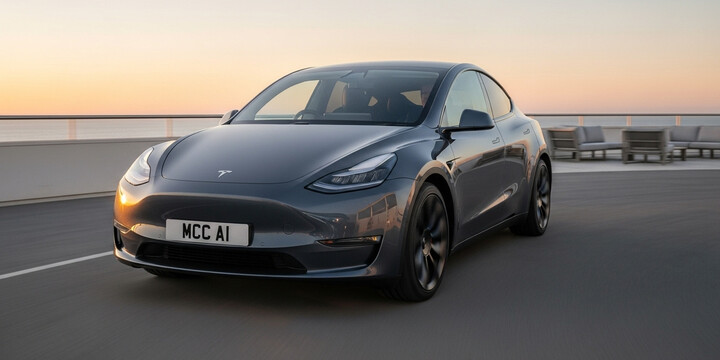TESLA MODEL Y (2025-)

Buyer's Guide & Data from our Checks
The TESLA MODEL Y (2025-) is a compact electric SUV that has quickly gained popularity in the UK market. As a versatile and modern vehicle, it combines the practicality of an SUV with the eco-friendly appeal of electric driving. Its spacious interior makes it ideal for families and those who need extra cargo space, while its sleek design and innovative features set it apart from traditional petrol and diesel rivals.
Based on data from mycarcheck.com, the TESLA MODEL Y (2025-) has been involved in over 350 vehicle checks involving nearly 266 different VINs, indicating strong interest and a growing used car market. The average private sale price of approximately £37,900 and typical mileage around 30,000 miles suggest it's a popular choice for buyers seeking a reliable, recent model with reasonable usage. The relatively low number of previous keepers points to a well-maintained vehicle often used for daily commutes or family outings.
What makes the TESLA MODEL Y (2025-) stand out is its impressive range, advanced technology, and smooth driving experience. Known for quick acceleration, low running costs, and cutting-edge autopilot features, it offers a compelling alternative to petrol-powered SUVs. Compared with rivals, it’s praised for its blend of practicality and innovation, making it a standout choice for those looking for a modern, eco-friendly vehicle that’s suitable for everyday use.
Key Findings
The following statistics are drawn from our checks of 266 different vehicles, run between June 30th 2025 and December 31st 2025. These real-world insights provide context for this vehicle's place in the market, as well as its typical usage.
350
Lookups
Lookups
0
Hidden Histories
Hidden Histories
37k
Average Mileage
Average Mileage
£37,900
Average Valuation
Average Valuation












